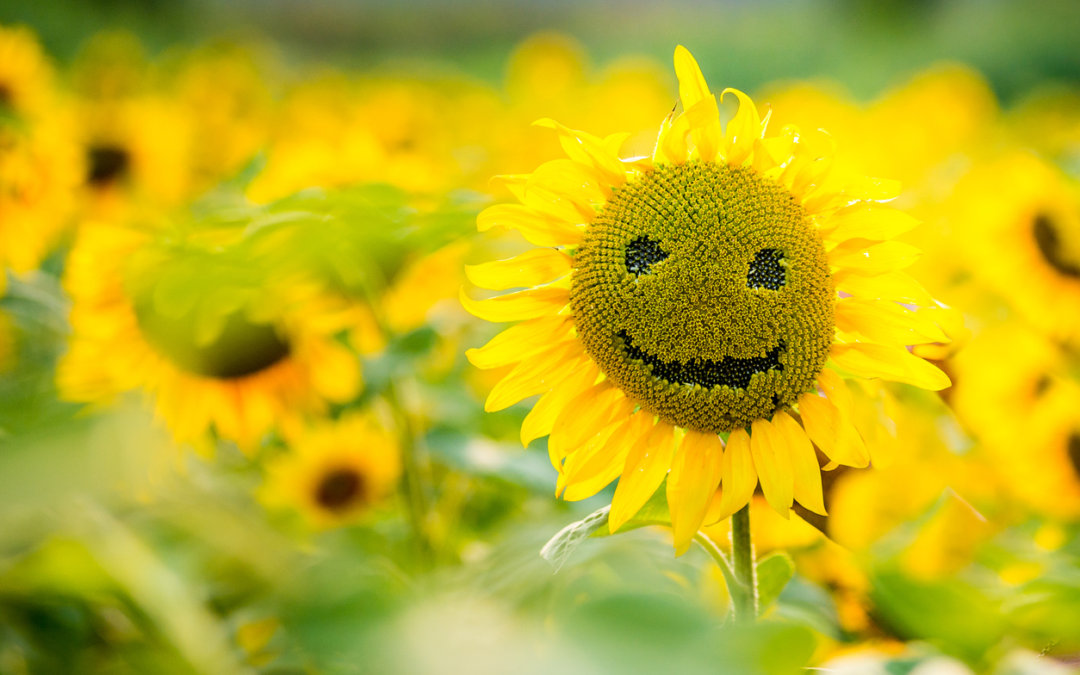
Apr 8, 2022 | Eco-friendly Gardening, Garden Care, Landscape Care, Pest Control, Recommended Plants
It’s Earth Month. Would you like to do something good for your landscape, yourself and the planet? Try regenerative gardening. Regenerative gardening and farming practices focus on putting nutrients back into the soil. These practices build soil health. They...
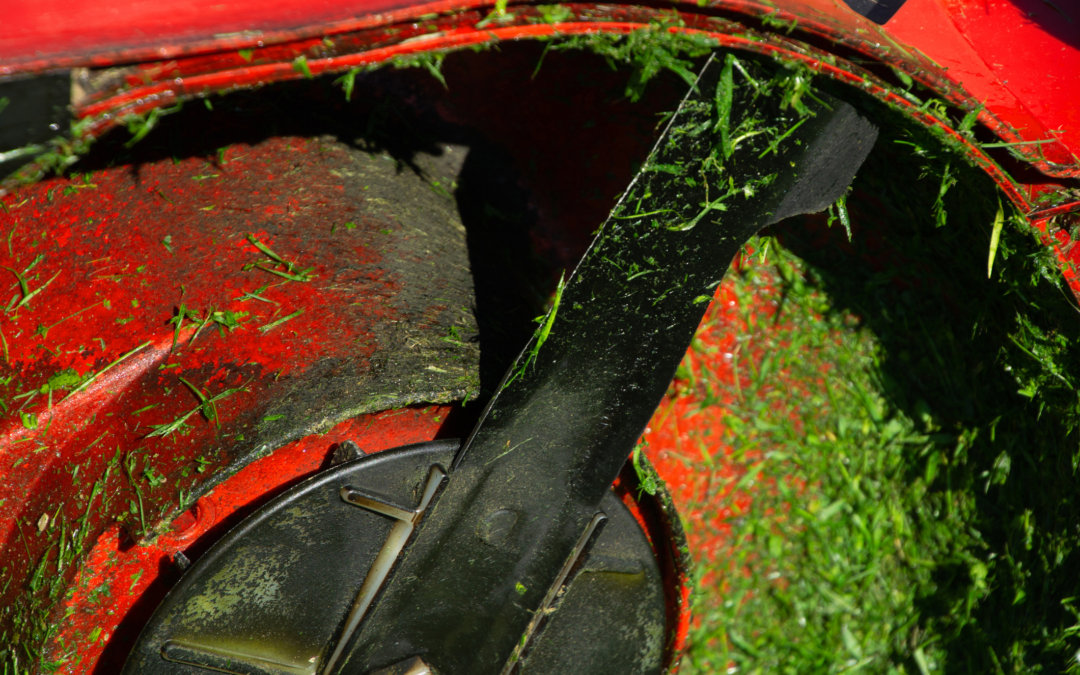
Mar 24, 2022 | Disease Control, Eco-friendly Gardening, Lawn Care, Video
It’s spring, which means it’s time to get ready for the lawn mowing season. This year In Harmony is launching Bee Friendly Lawn. Join us in helping save our native bees by keeping a healthy lawn. If you keep your lawn healthy, you will have fewer problems...
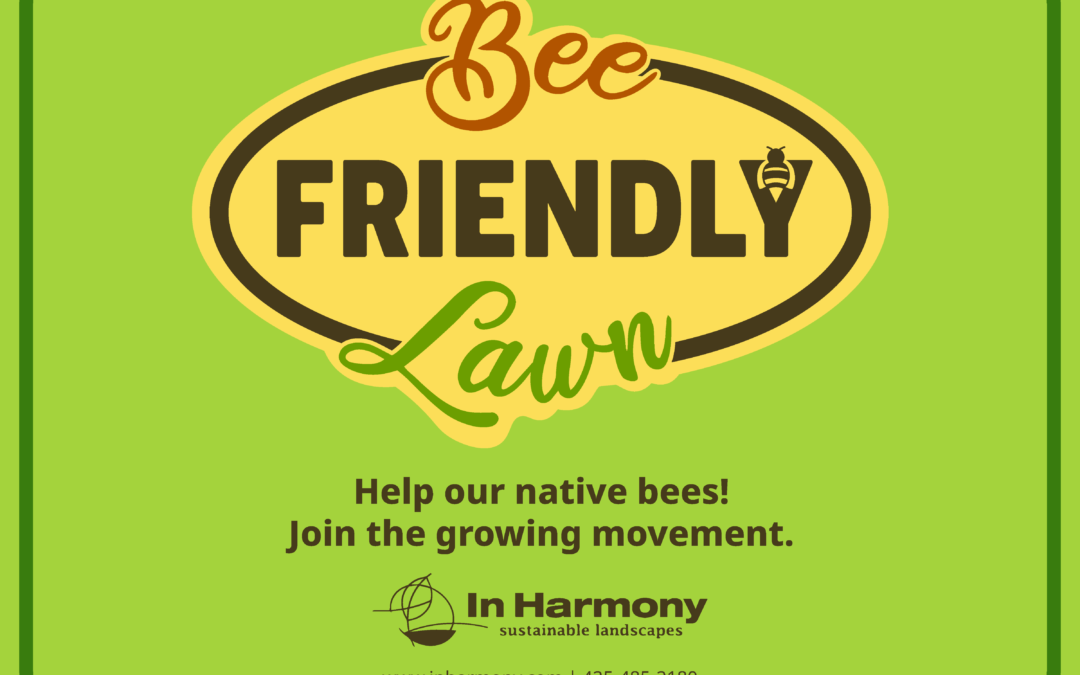
Mar 11, 2022 | Eco-friendly Gardening, Lawn Care, Nature
In Harmony is calling on our natural lawn care clients to join us in helping to save our native bees. We are calling this new program Bee Friendly Lawn. More than half the native bee species in North America are in decline. One in four species is at risk of...
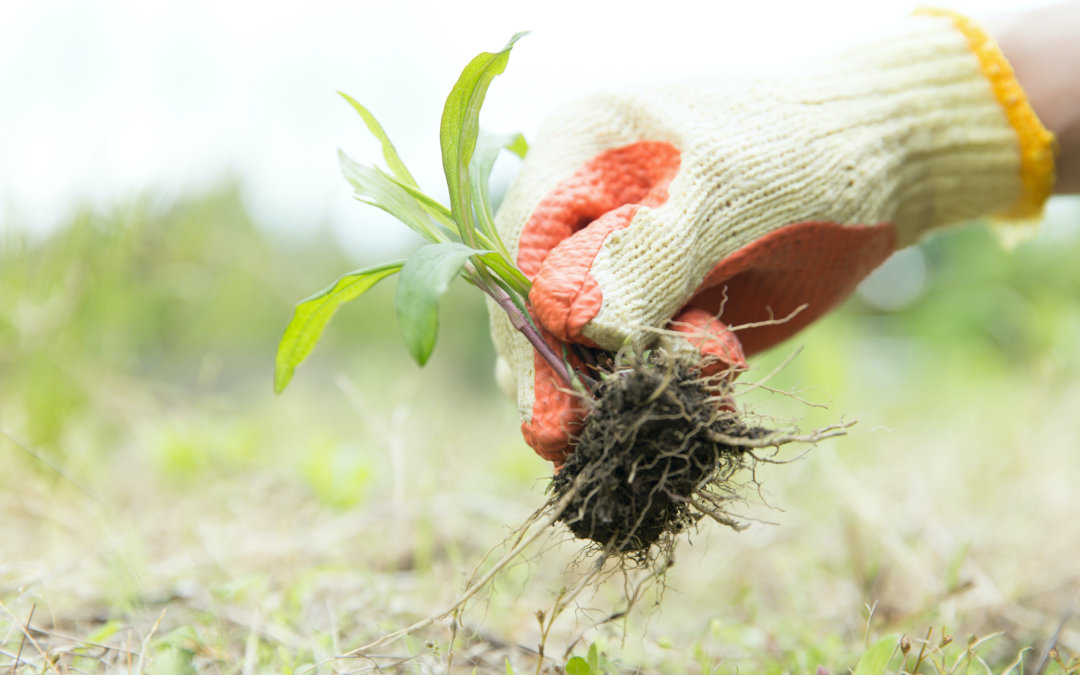
Feb 19, 2022 | Eco-friendly Gardening, Garden Care, Pest Control, Wildlife
In Harmony uses natural methods to support pollinators in our clients’ landscapes. For example, we favor landscape designs that include plants that attract pollinators, and our natural lawn, tree and shrub care services help landscapes stay healthy so our...

Jan 11, 2022 | Eco-friendly Gardening, Garden Care, Landscape Care, Pest Control, Recommended Plants
It’s that time again when we make our resolutions for the new year. It’s probably a good bet that eating healthier and getting more exercise are at the top of your list. The good news is, gardening can help you achieve both of those goals, along with others like...
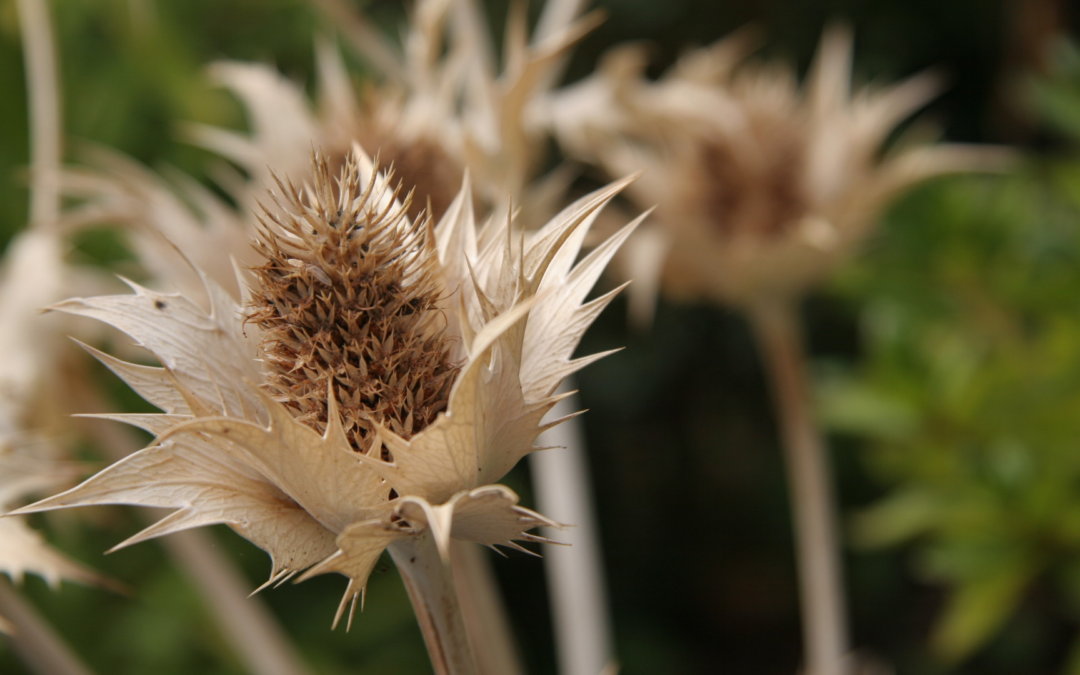
Oct 15, 2021 | Disease Control, Eco-friendly Gardening, Garden Care, Landscape Care, Lawn Care, Pest Control
Cleaning up your landscape in the fall will help keep it healthy and reduce maintenance tasks next year. But some fall cleanup can be unnecessary or even counterproductive. Here are some tips and what to do—and what not to do. Fall garden cleanup: do this Do rake...
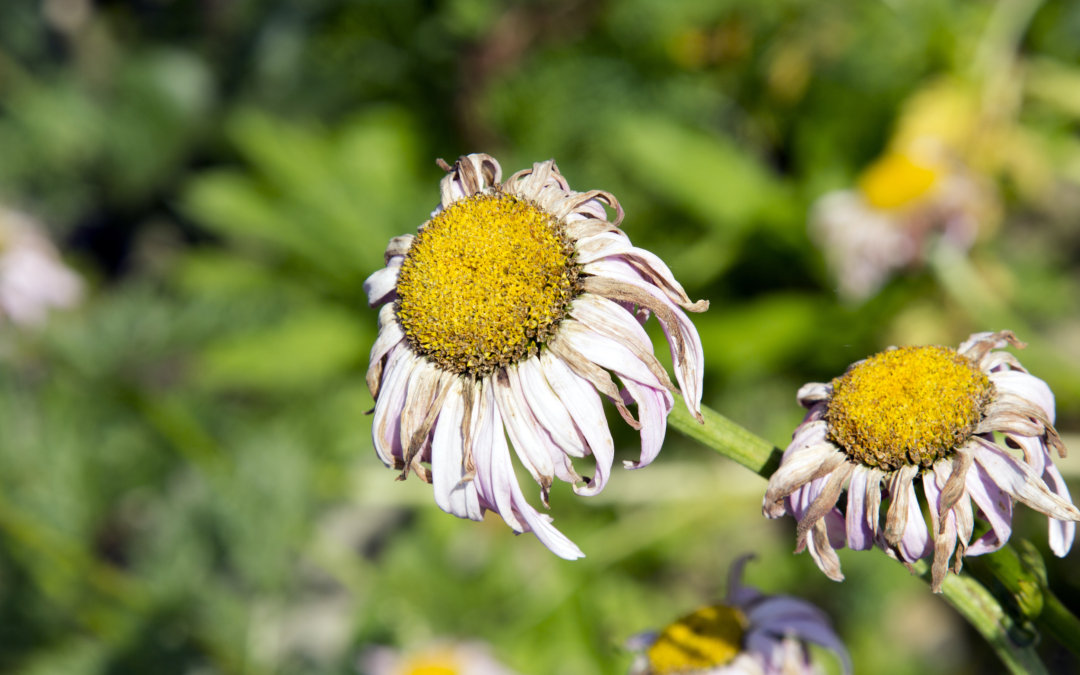
Jun 30, 2021 | Eco-friendly Gardening, Garden Care, Landscape Care, Nature
The mind-boggling heat over the last few days has many people thinking hard about climate change. Here is a headline from last Friday’s Seattle Times: “‘Jaw-dropping’ forecast is warning sign of climate change’s future impact in Washington,...
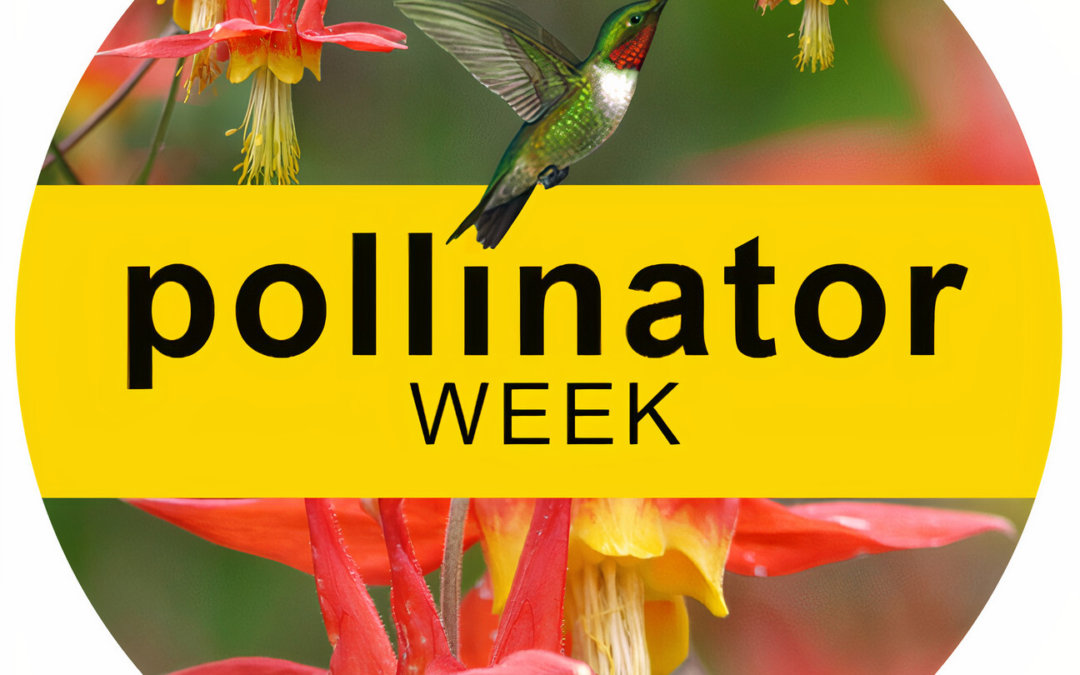
Jun 22, 2021 | Eco-friendly Gardening, Garden Care, Landscape Care, Recommended Plants, Wildlife
Pollinators are critical to our food supply and natural resources. Pollinator Week is an annual celebration of these animals and insects. When we think of pollinators, we often think of bees. And yes, bees are the most important pollinator. But pollinators also...

Apr 20, 2021 | Community, Eco-friendly Gardening, Garden Care, Landscape Care, Nature
Earth Day is Thursday, April 22. There are a number of ways to celebrate Earth Day in your own yard and garden. You can reduce your environmental impact and help make the earth a greener place. Plant a tree. Trees help the earth in numerous ways. They store CO2,...

Mar 12, 2021 | Eco-friendly Gardening, Garden Care, Nature
March is the perfect time to add mason bees to your yard. These small, shy bees are a great way to increase your fruit harvest and encourage native flowers in your yard. They are called mason bees because they use clayey mud to build protective walls. Choose a warm,...
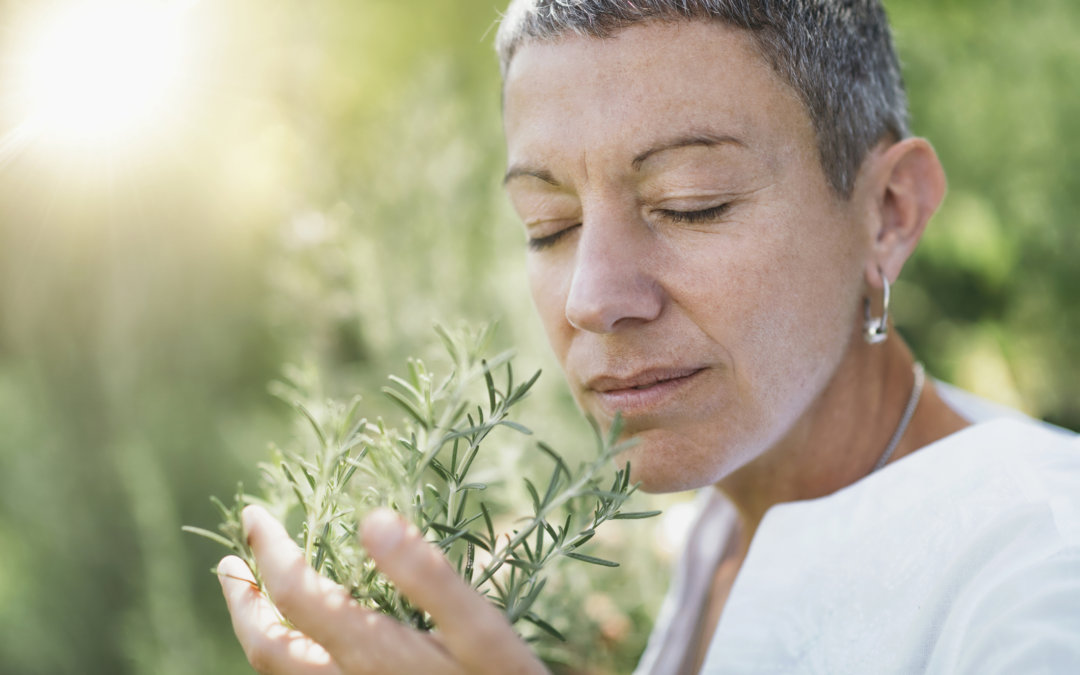
Feb 26, 2021 | Community, Eco-friendly Gardening, Garden Care, Landscape Care
Taking time to enjoy nature is very beneficial to your health. You could spend time outdoors walking, gardening or just relaxing. You could be in your own landscape or another natural area. Bottom line: spending time in nature makes us both happier and healthier....
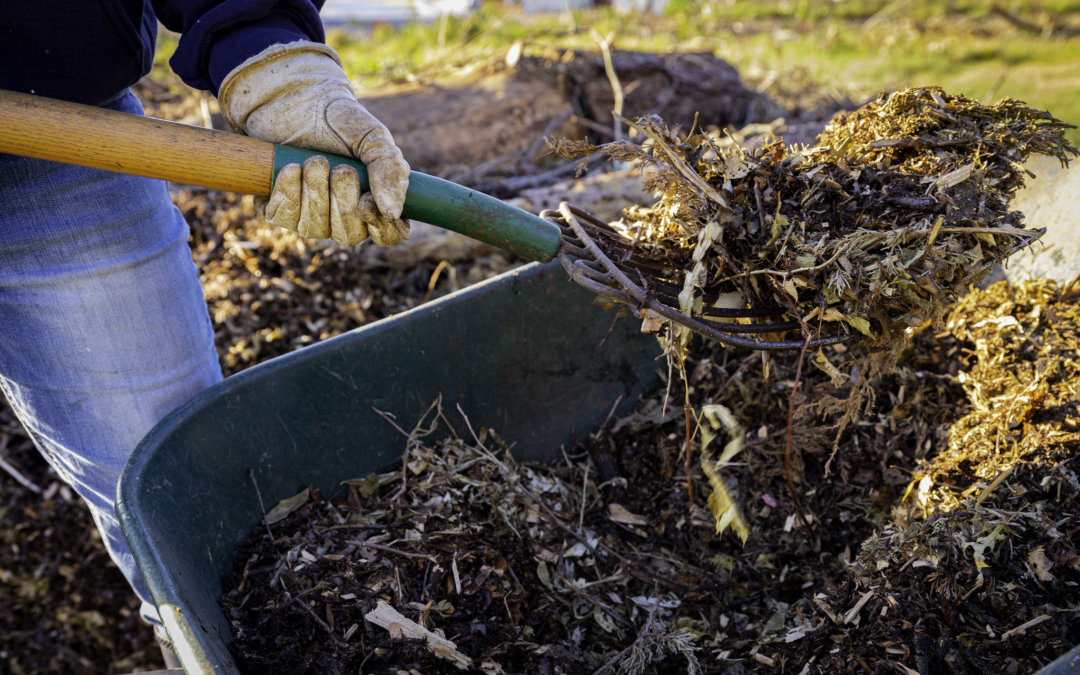
Feb 15, 2021 | Eco-friendly Gardening, Garden Care, Landscape Care, Video
Benefits of mulch Mulch is one of the best things you can do for your landscape. Mulch has many benefits throughout the year. Here are tips on the dos and don’ts of mulch. In winter, mulch insulates soil. This provides a warmer environment for earthworms,...
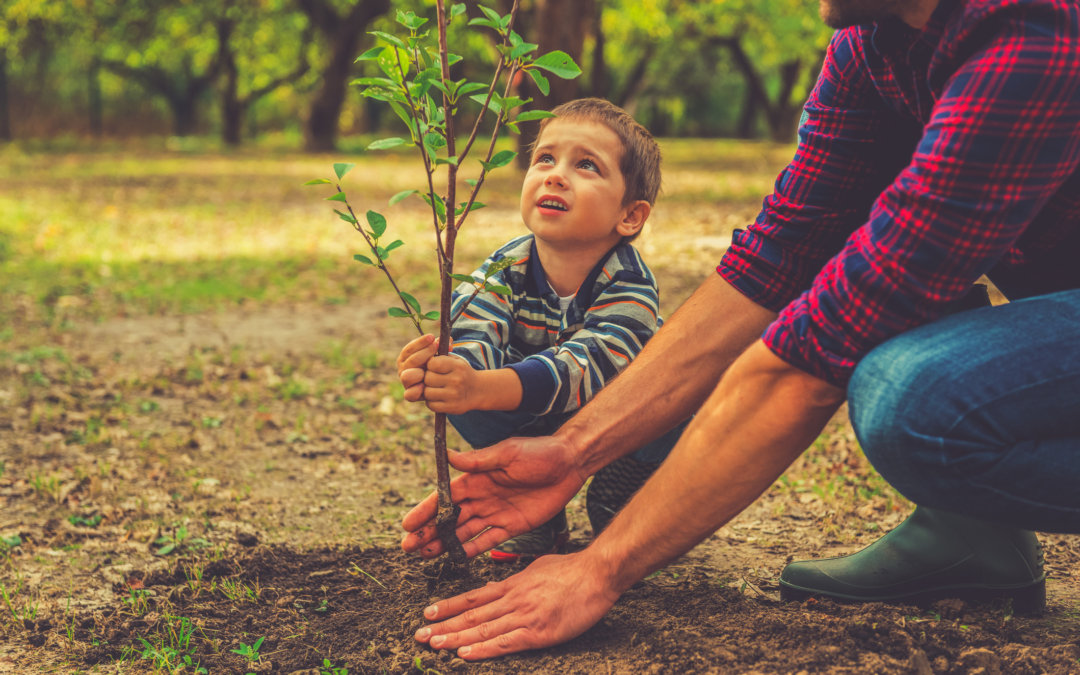
Oct 1, 2020 | Eco-friendly Gardening, Tree Care
Are you concerned about the future of our planet? Plant a tree! Trees can help keep us and the planet healthy. And autumn is a perfect time to add a tree to your landscape. Benefits of trees Trees help us breathe Trees produce oxygen. Without trees, life could...

Aug 14, 2020 | Community, Eco-friendly Gardening
It’s perfect weather for a tall, cool drink. Have some fun and make your summer drinks with fruits, vegetables and herbs from your own garden or from a local farmer’s market. Here are a few ideas. Summer drinks: Cocktails Fresh-style margaritas This recipe...
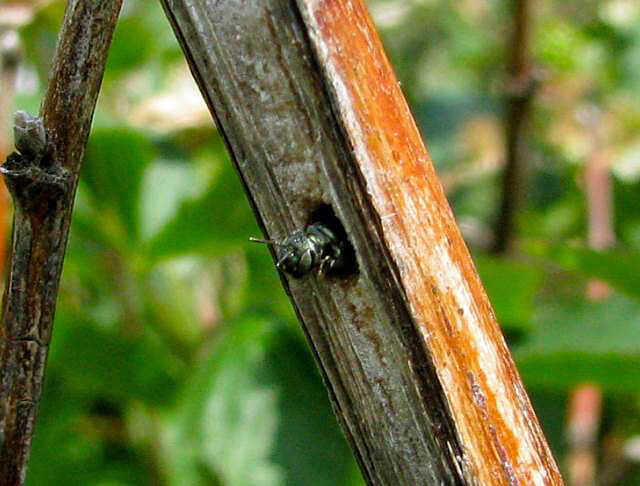
Jun 24, 2020 | Eco-friendly Gardening, Garden Care, Recommended Plants
This week, June 22-28, is National Pollinator Week. Pollinators include bees, birds, butterflies, moths, wasps, bats, beetles and other insects. We love pollinators because they help flowers bloom and crops grow. Many people help pollinators by planting a variety of...
















